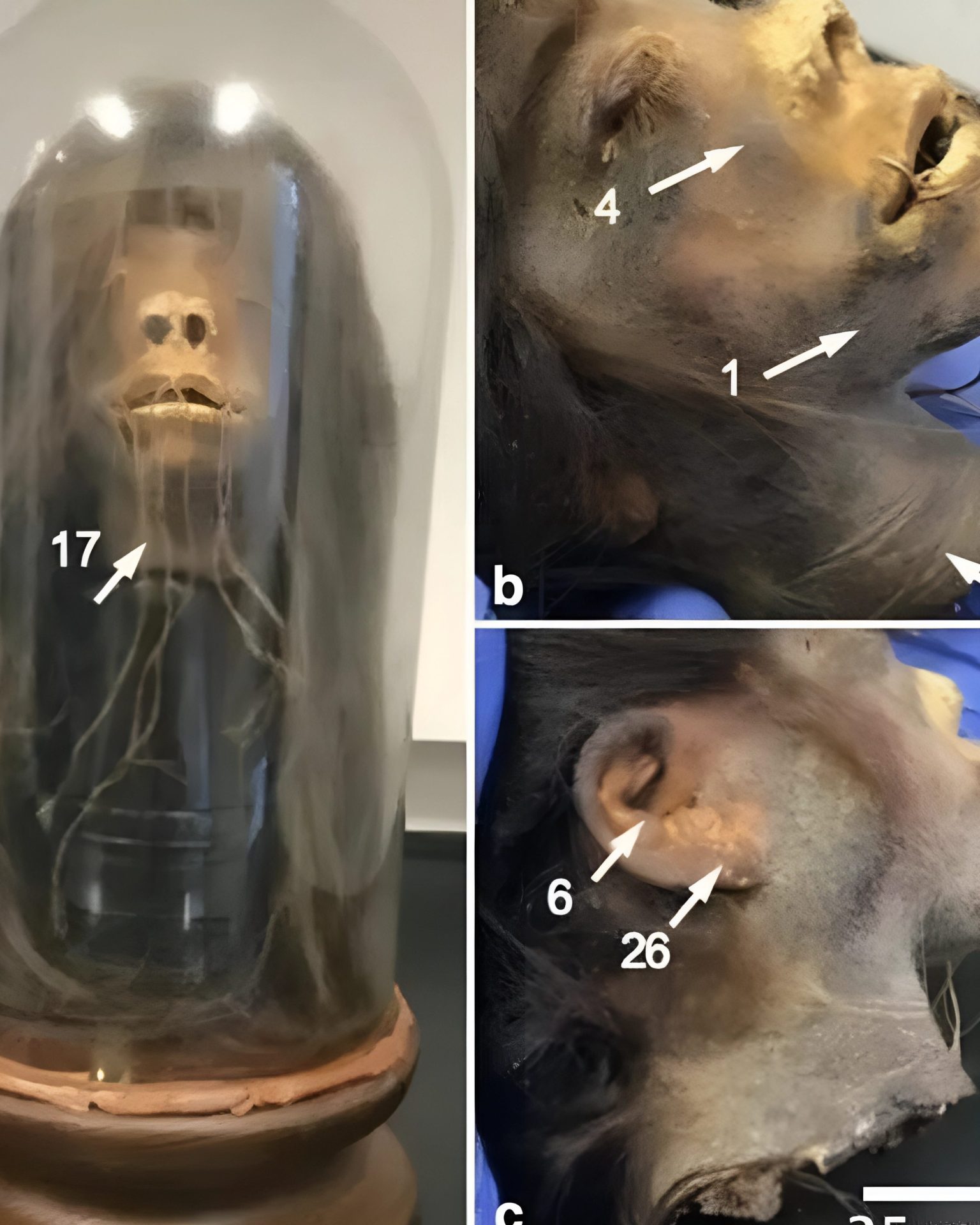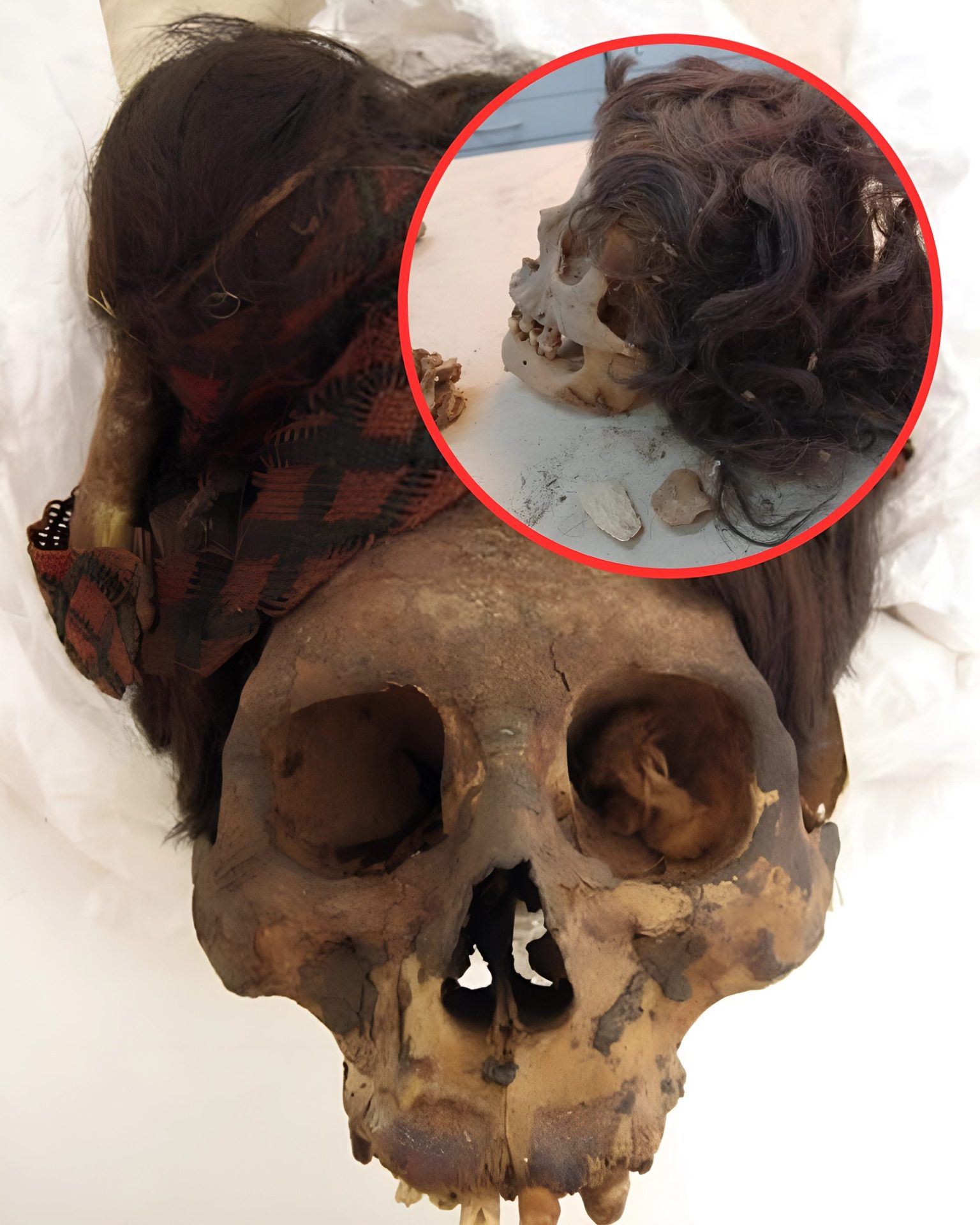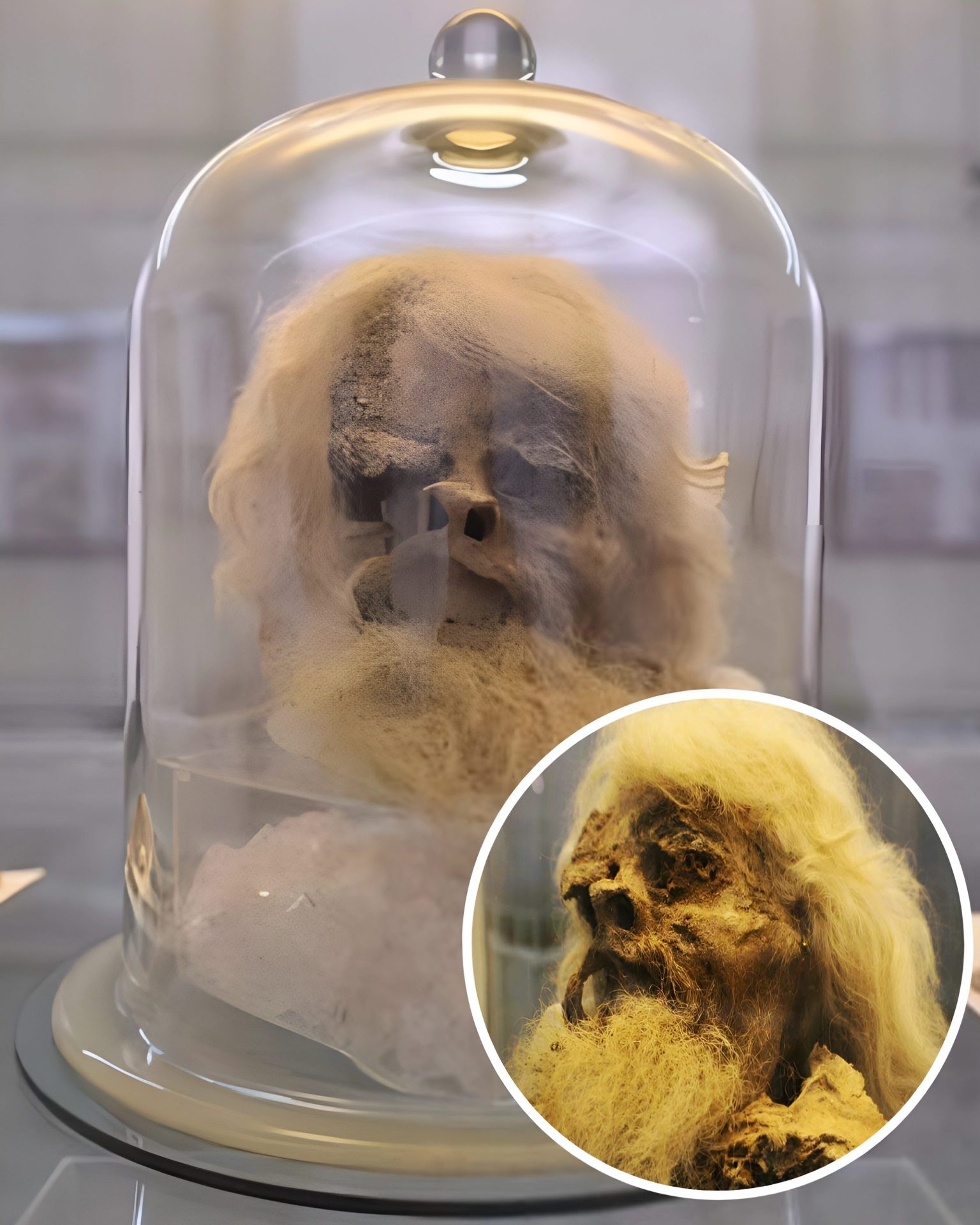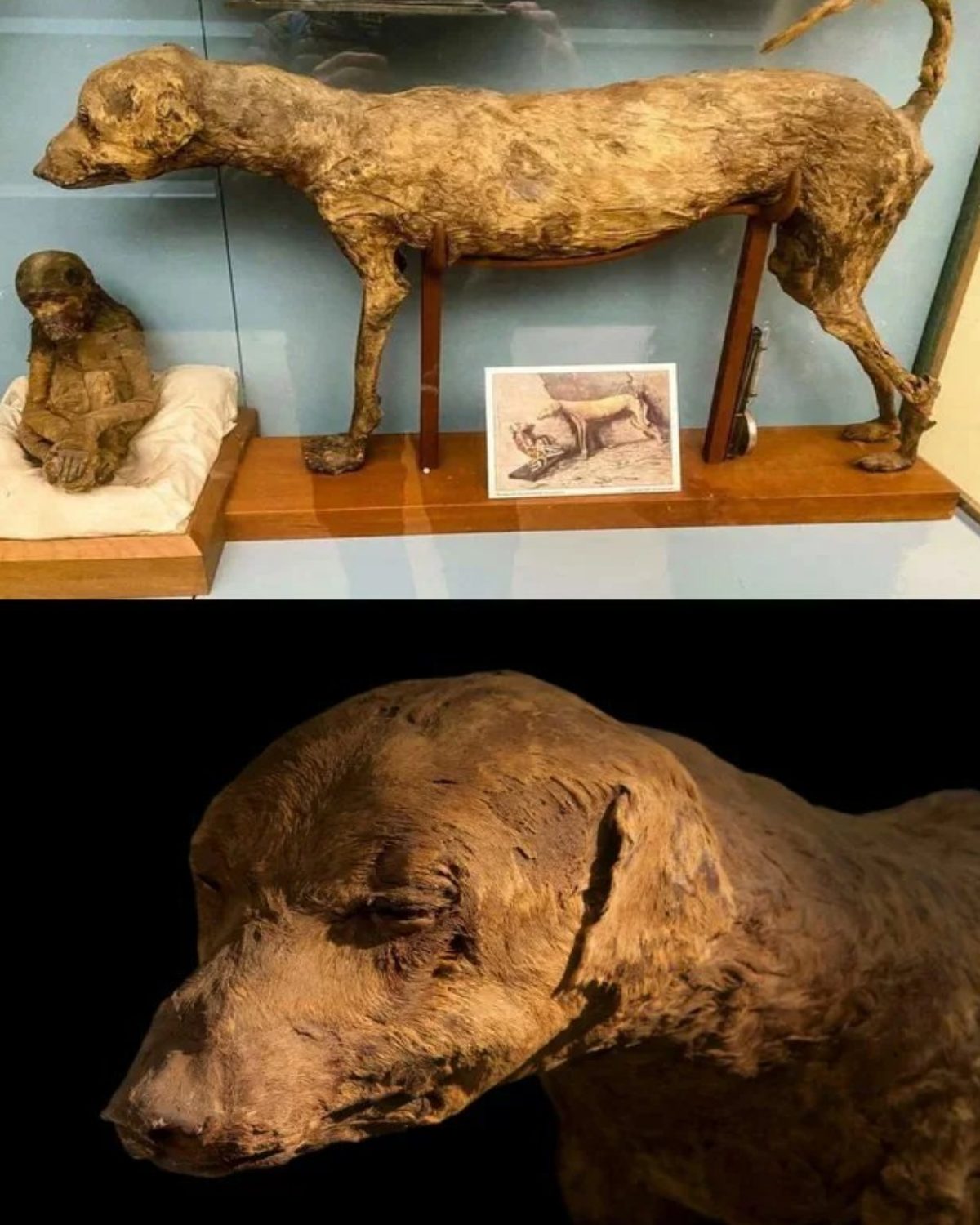Cleopatra, the famed Queen of Egypt, is not only remembered for her captivating beauty and romantic liaisons but also for…

Cleopatra, the famed Queen of Egypt, is not only remembered for her captivating beauty and romantic liaisons but also for her extraordinary intellect and insatiable thirst for knowledge. Ascending the throne at the tender age of 17, Cleopatra left an indelible mark on history through her mastery of languages and her profound contributions to various fields of study. This article delves into the remarkable intellectual pursuits of Cleopatra, shedding light on her linguistic prowess and wide-ranging scholarly endeavors.
One of Cleopatra’s most distinctive qualities was her command over languages. Fluent in nine languages, including the language of Ancient Egypt, Greek, Parthian, Hebrew, Medean, Troglodyte, Syrian, Ethiopian, and Arabic, she possessed a linguistic versatility unparalleled in her dynasty. This rare skill not only facilitated communication with a diverse array of people but also granted her access to a vast repository of knowledge from different cultures.

Cleopatra’s intellectual pursuits extended far beyond her linguistic abilities. She was a voracious learner, delving into disciplines such as geography, history, astronomy, international diplomacy, mathematics, alchemy, medicine, zoology, economics, and more. Her insatiable curiosity drove her to explore every facet of knowledge available during her time, earning her a reputation as a polymathic queen.
Cleopatra’s commitment to expanding human understanding is evident in her establishment of an ancient laboratory. Here, she dedicated considerable time to studying and experimenting with herbs and cosmetics. Tragically, her written works, including valuable beauty tips, were lost in the fire that consumed the Great Library of Alexandria in 391 AD. Despite this loss, the renowned physicist Galen managed to study her works, transcribing some of her herbal remedies for posterity.

Cleopatra’s interest in herbal healing was not confined to her personal pursuits; her knowledge of languages provided access to numerous papyri, many of which are now lost to time. Her influence on the sciences and medicine was particularly noteworthy in the early centuries of Christianity. Cleopatra’s impact on these fields endures, with Galen incorporating her medicinal insights into his own studies.
Cleopatra’s legacy as a scholar and intellectual luminary remains unparalleled in the annals of history. Her unique combination of linguistic proficiency, scholarly pursuits, and contributions to medicine solidify her status as a trailblazer. Though much of her written work may have been lost, the echoes of her influence resonate through the ages, making Cleopatra an enduring figure in the tapestry of human achievement.

Cleopatra’s intellectual achievements, coupled with her linguistic mastery, make her a fascinating figure in the history of humanity. Her relentless pursuit of knowledge, despite the challenges of her time, establishes her as a beacon of enlightenment. Cleopatra’s legacy serves as a testament to the enduring power of intellect and curiosity, transcending the sands of time to inspire generations to come.





